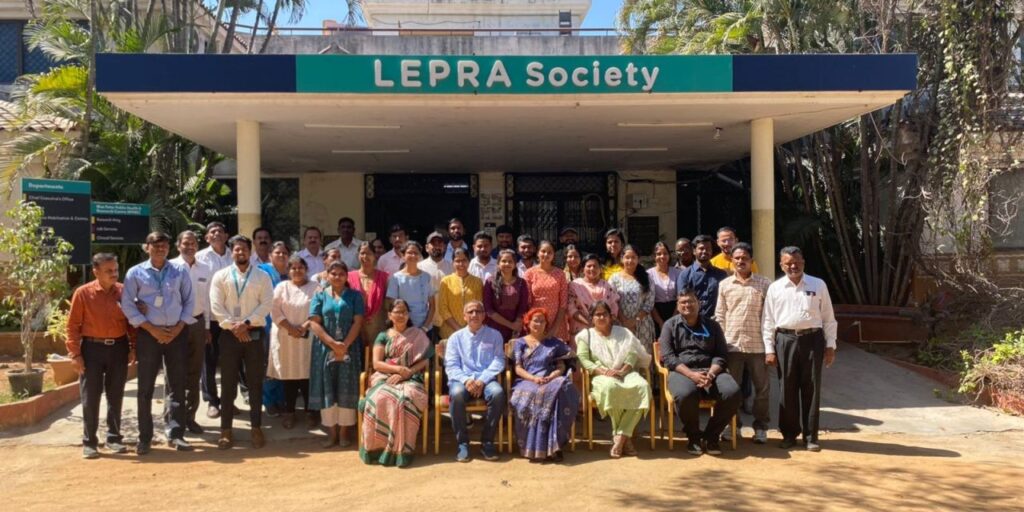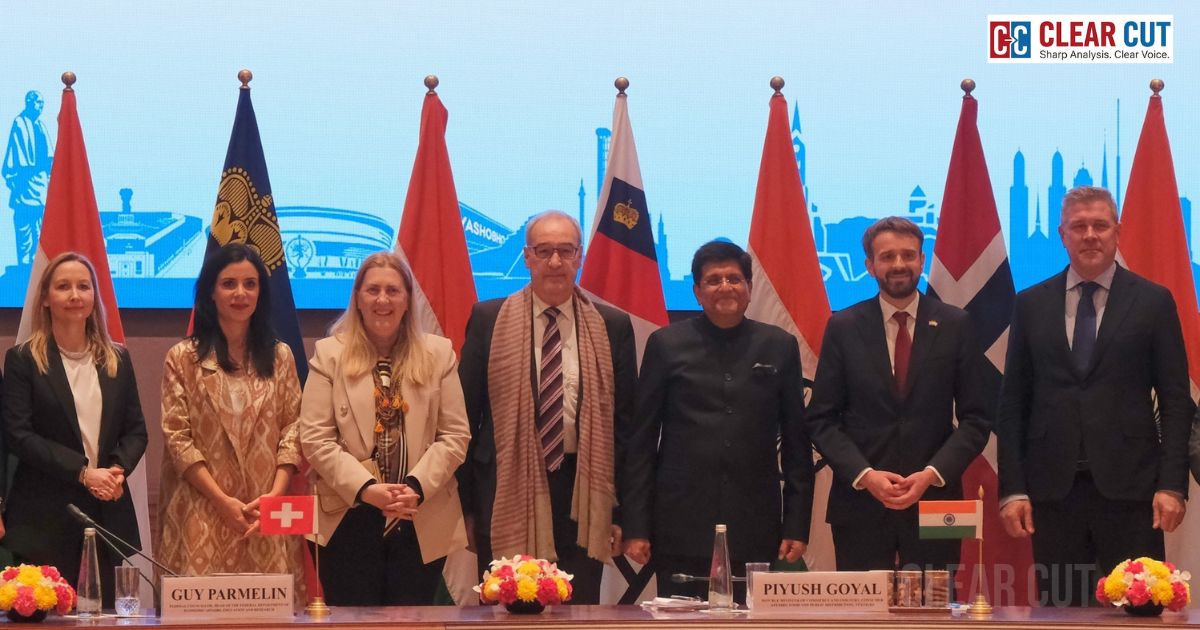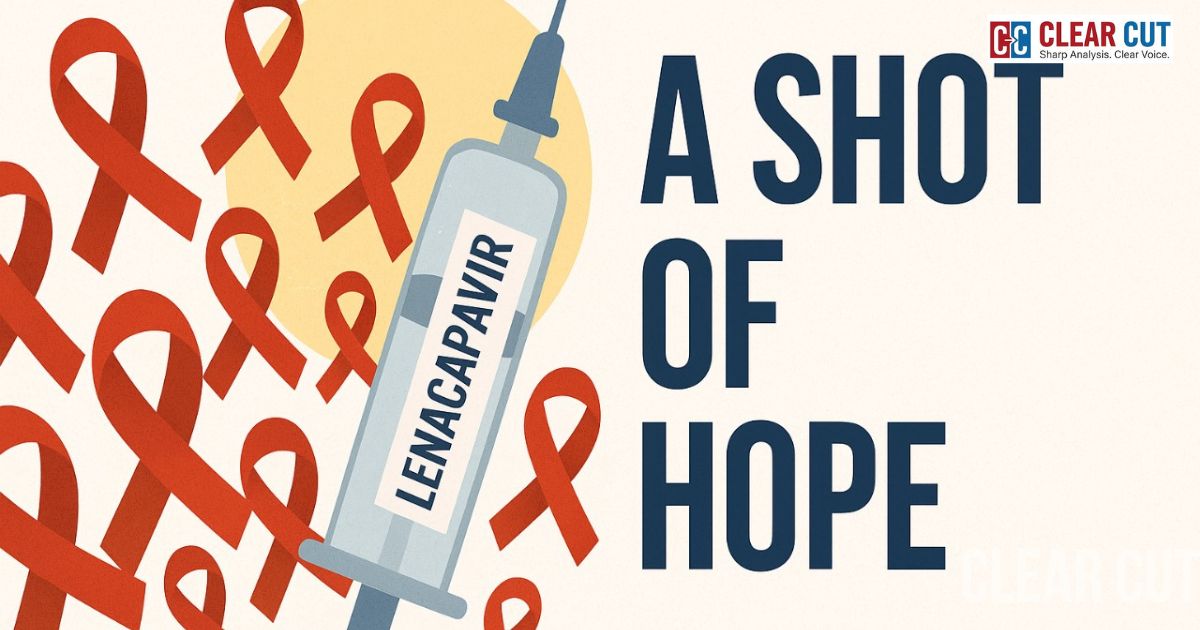Members of FCGVs | Image Source: figo.org
Clear Cut Health Desk
New Delhi, UPDATED: Sep 23, 2025 12:20 IST
Written By: Janmojaya Barik
Colombo, Sep 22 — The World Health Organization’s South-East Asia Region revealed the winners of its inaugural Public Health Champion Awards, recognizing exceptional efforts towards health equity and community service across the region.
The recipients are Nepal’s Female Community Health Volunteers (FCHVs), Dr. Satendra Singh of India, and Indian NGO LEPRA Society. These have been selected from close to 50 nominations made across Bangladesh, India, Nepal, and Thailand, and will be honored during the 78th Regional Committee session in Colombo.
Nepal’s FCHVs were honored for their pioneering role in enhancing maternal and child health. Since their founding in the late 1980s, the network of more than 50,000 women has operated in villages and mountain towns to extend access to vaccines, nutrition, and safe delivery. Their work has helped lead to a radical decline in maternal death rates, from 901 per 100,000 live births in 1990 to 151 in 2021, and under-five mortality, from 162 to 28 per 1,000 live births.

Dr Satendra Singh | Photo Credit :bookofachievers.com
In the individual category, Delhi-based physician and disability rights campaigner Dr. Satendra Singh was recognized for his role as a leader in ensuring disability inclusion in healthcare systems and in medical education. With a disability himself, Dr. Singh has lobbied to change attitudes from viewing disability as a medical issue to ensuring it is treated as an issue of rights and dignity. His efforts have had an impact on policy discussions, curricula, and organisational practices in India and internationally.

LEPRA Society | Photo Credit : internet
The LEPRA Society, set up in 1989, was awarded the prize in the organisational category for its decades-old work against leprosy, HIV, tuberculosis, and lymphatic filariasis. In addition to treatment, the organisation has been working to break stigma and social isolation, and adding innovations such as individualised footwear for leprosy patients and enhancing access to multi-drug therapy. LEPRA now operates 146 health centres in 143 districts, reaching some of India’s poorest communities.
The Public Health Champion Awards were established to honor “extraordinary efforts” which have made sustainable contributions to public health in the region. Dr. Saima Wazed, WHO South-East Asia Regional Director, stated the awardees embody the principles of inclusivity, innovation, and resilience. “Their stories demonstrate that the solutions to the region’s most significant health problems tend to originate in communities, advocates, and those who won’t accept that anyone will be left behind,” she added.
By recognizing these three awardees, WHO has emphasized the significance of community involvement, rights-oriented practices, and civil society initiative towards promoting public health in South-East Asia.




